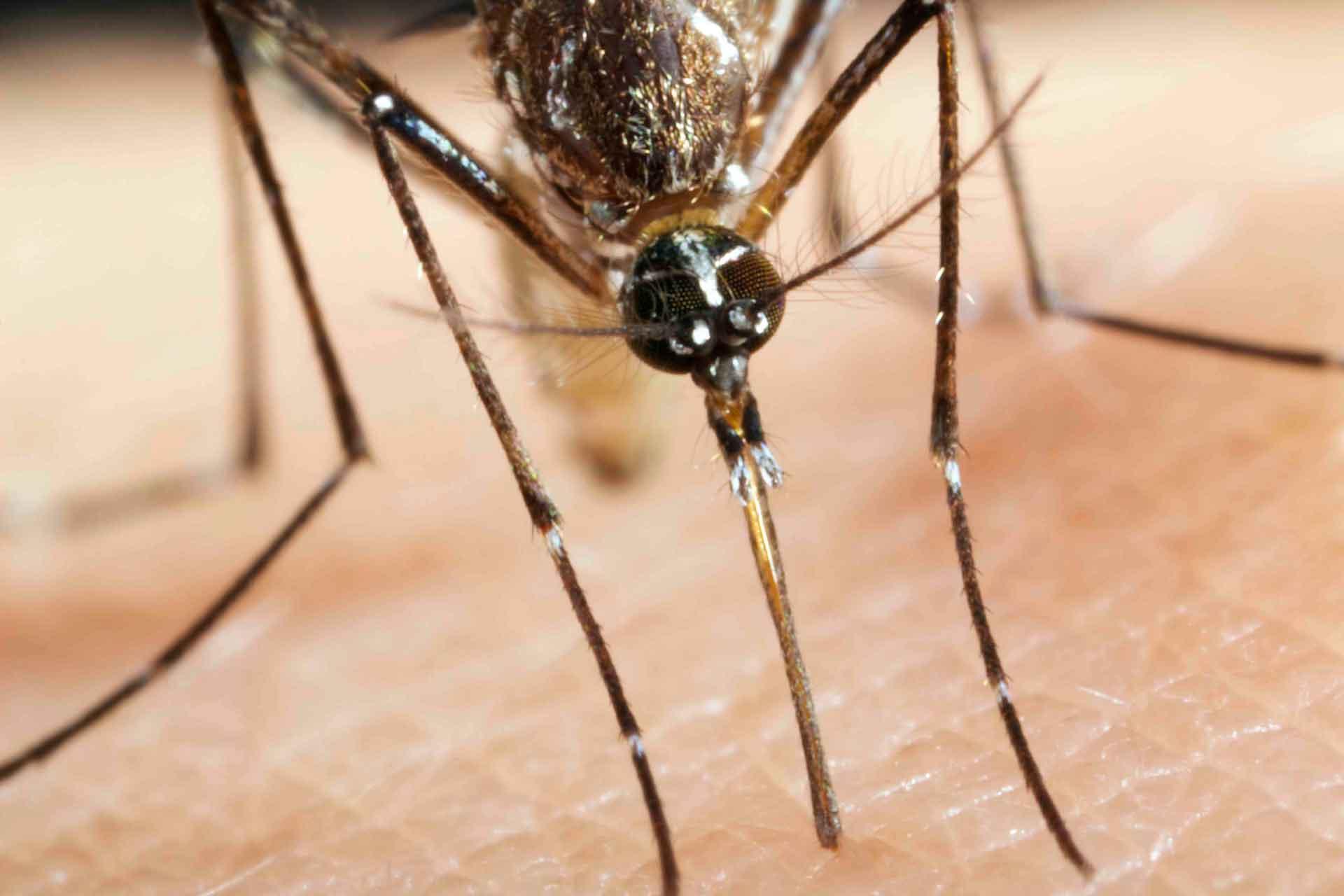Researchers at The Pirbright Institute have successfully inserted a scorpion venom gene into mosquitoes, which causes their paralysis after they feed on blood. This particular venom component is specific for arthropods, such as insects and millipedes, and harmless to mammals. Although this concept is not intended for mosquito population control in the field, the mechanism provides scientists with a more flexible tool for modifying mosquitoes, which could be used to design better control methods.
The team recognised the potential for manipulating an existing biological pathway in cells of the mosquito fat body, which is activated when female mosquitoes drink a blood meal in order to grow their eggs. By inserting a gene that encodes a scorpion venom neurotoxin into this pathway, the scientists were able to trigger cells in the fat body to secrete the neurotoxin after females feed on blood. The neurotoxin has no effect on fat body cells but induces temporary paralysis once it reaches the mosquito motor neurons that control movement and coordination. In the wild this would almost certainly result in death due to the lack of ability to feed or escape from predators.
https://www.youtube.com/watch?v=52EJyhNR4XU
Modified female mosquitoes 20 hours after a blood-meal that have been paralysed by the neurotoxin.
This study, published in PLOS Neglected Tropical Diseases, is the first to make genetic modifications in one cell type in order to effect cells with a completely different function and location within mosquitoes. The ability to activate specific genetic traits in response to environmental or behavioural changes, such as blood feeding, expands the toolbox of genetic population control methods.
Blood-feeding occurs late on in the female mosquito life cycle, making it an advantageous trait to target because the modified mosquitoes will compete with the wild population for resources during their larval development, but it prevents them from taking further blood meals and spreading disease. This could make a bigger impact on population reduction compared to other genetic control methods that eliminate offspring of modified mosquitoes at the larval stage of their lifecycle, which leaves the wild population with more resources and enables them to recover their numbers.
Professor Luke Alphey, Head of the Arthropod Genetics Group, said: “Our study highlights that a fundamental understanding of mosquito biology can help us to design better tools for the genetic control of populations. By manipulating known pathways, we can expand the scope and precision of synthetic biology to make very specific changes to harmful insects.”
